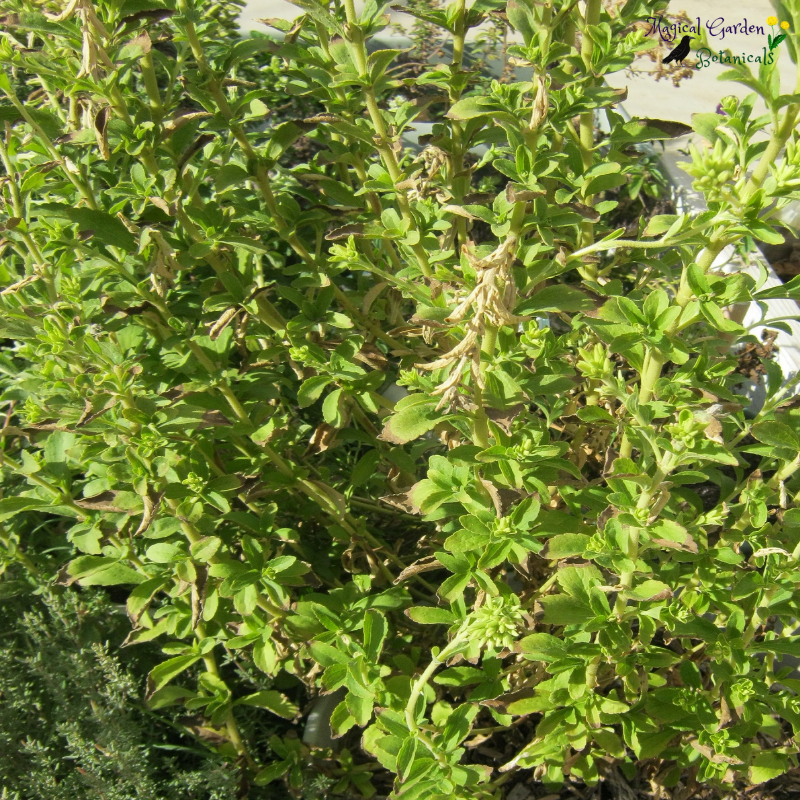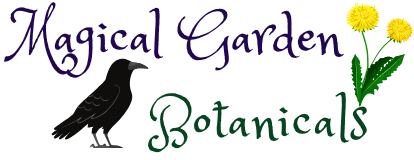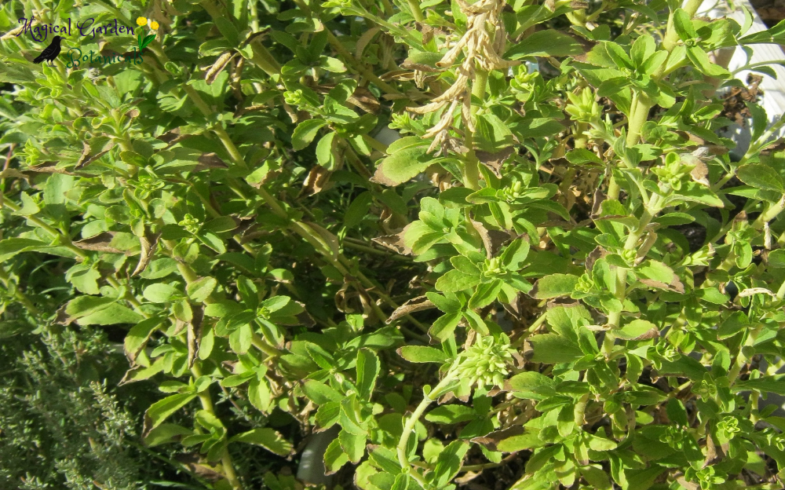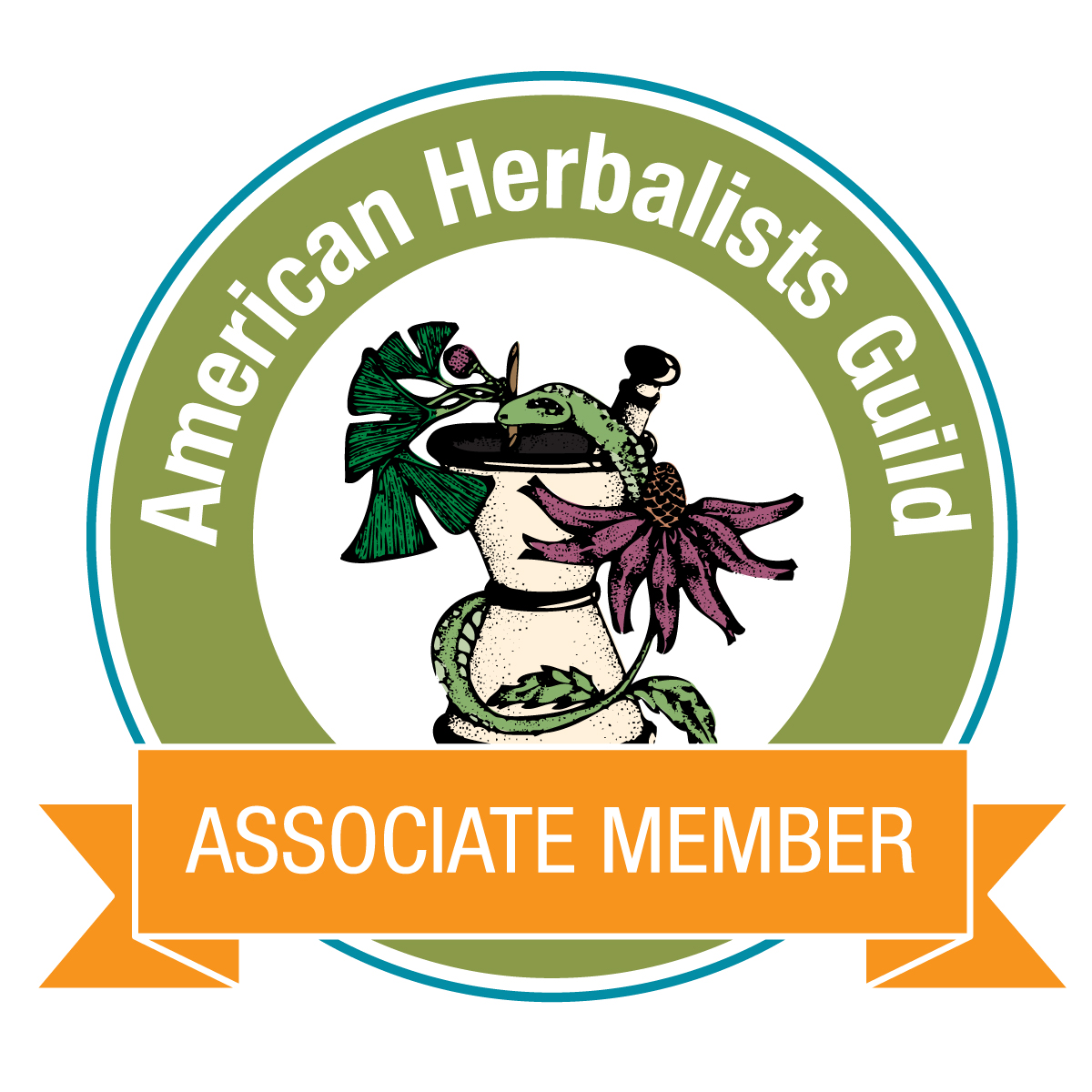Sweetwashed
Many know what greenwashing is.
And in case you don’t….Dictionary.com defines greenwashing as superficial or insincere display of concern for the environment that is shown by an organization.
The latest example is from Pepsi. Beginning mid-August, Diet Pepsi is being sweetened with acesulfame potassium (also known as ace-K) and sucralose. Sucralose is also known as Splenda.
The company website for Splenda will tell you it is a safe alternative to sugar. However, they will not tell you about numerous studies thathave been done that state otherwise. Even though this one was funded by the Sugar Association, I still think it’s worth considering the findings. Additionally, studies such as this one claim that sucralose has the potential to alter the beneficial bacteria in our gut. The makers of Splenda state that their product is made from real sugar. While this may be true, it’s chemically altered sugar. If you are like me, you avoid GMO’s and prefer whole foods in their most natural state.
There are many different types of sweeteners available, some more natural than others. Natural sweeteners, such as stevia, are a much better choice than artificial ones. Although given the choice between artificial sugar and regular sugar, I would say the regular sugar is a better option.
Soda, by itself, is not considered a healthy choice for anyone. The amount of sugar in regular sodas should be enough to avoid them altogether; one 12 ounce can of regular Pepsi or Coke contains 41 grams of sugar. (That’s about 10 teaspoons of sugar!) To put that amount into perspective, the WHO (World Health Organization) recommends adults and children reduce their dietary intake of sugar from 10% of their daily calories to 5% daily calories from sugar. That translates to roughly 6 teaspoons of sugar a day.
Avoid being sweetwashed and develop the habit of reading labels on everything you purchase. Sucralose can be found in a variety of items and even in some unexpected ones: from chewing gum and medications to popsicles and protein drinks. Be wary of products that claim to be sugar-free. And, keep in mind that the “real stuff” (sugar) needs to be limited in our food choices as well. Sugar is in just about every processed food item and usually in an exceedingly high amount. The best way to limit added sugars from processed foods? Make your own foods using simple, organic, and non-GMO ingredients. You’ll save money and know exactly what you’re eating.
Read labels and avoid items with ingredients that mimic real foods. In short…..Eat Real Food


Daughter of the Earth, Mother of her creations. Ivanna (Evie) doesn’t care for titles, but the ones that fit best are homeschool mom, herbalist, and blogger. Her greatest joy is guiding others to find true wellness within themselves and Mother Earth. When not spending time with her beloved family, she can be found researching everything related to holistic wellness, crafting herbal remedies, or visiting with the plants in the Magical Garden.





